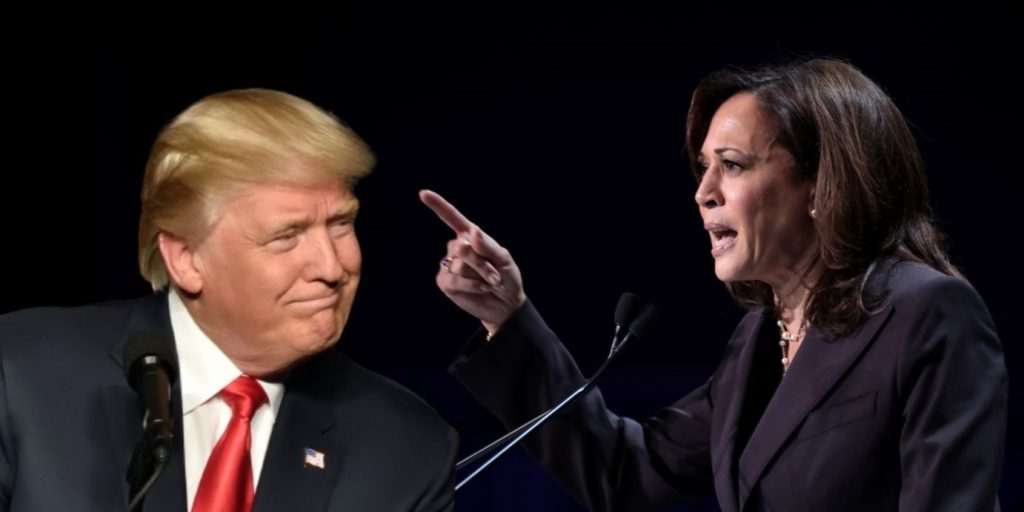Russia employs “reverse psychology” by denying involvement in influence operations.
Others are reading now
Recent revelations by the White House about Russia’s attempts to influence the upcoming U.S. presidential election come as no surprise to those familiar with the Kremlin’s tactics from previous U.S. elections.
More Decisive Action
During the 2020 campaign, Russia’s state-sponsored media, including RT and Sputnik, was used to undermine the legitimacy of the American democratic process. Russian-backed networks of bots and trolls also spread misinformation and conspiracy theories online.
This time, the U.S. has taken more decisive action, seizing a network of internet domains managed by Russia and sanctioning ten individuals, including Margarita Simonyan, RT’s editor-in-chief, according to Digi24.
These sanctions freeze any U.S. assets of the individuals and could restrict American interactions with them.
Also read
Additionally, two Moscow-based RT managers, Kostiantin Kalashnikov and Elena Afanasieva, face money laundering charges for allegedly paying American content creators to spread pro-Russian propaganda in the U.S.
Exploiting Societal Fears
U.S. Attorney General Merrick Garland stated that Russia seeks to create a “preferred outcome” in the upcoming elections and weaken American support for Ukraine in its ongoing conflict.
This aligns with findings from a recent analysis published by Precious Chatterje-Doody of The Conversation, which identified key characteristics of Russian disinformation practices.
These practices include the use of local influencers, where RT reportedly paid a Tennessee firm nearly $10 million to produce social media content aligning with Russian interests, often without disclosing the funding source.
RT’s tactic of blending into populist right-wing media spaces and utilizing fake news sites that disguise themselves as local outlets also remains prevalent.
Other strategies involve exploiting societal fears and controversies, a method seen in Russia’s manipulation of cultural anxieties in the U.S.
Similarly, Russia employs “reverse psychology” by denying involvement in influence operations and resorting to humor to downplay criticism, a tactic exemplified by Simonyan’s dismissive response to the recent accusations.


